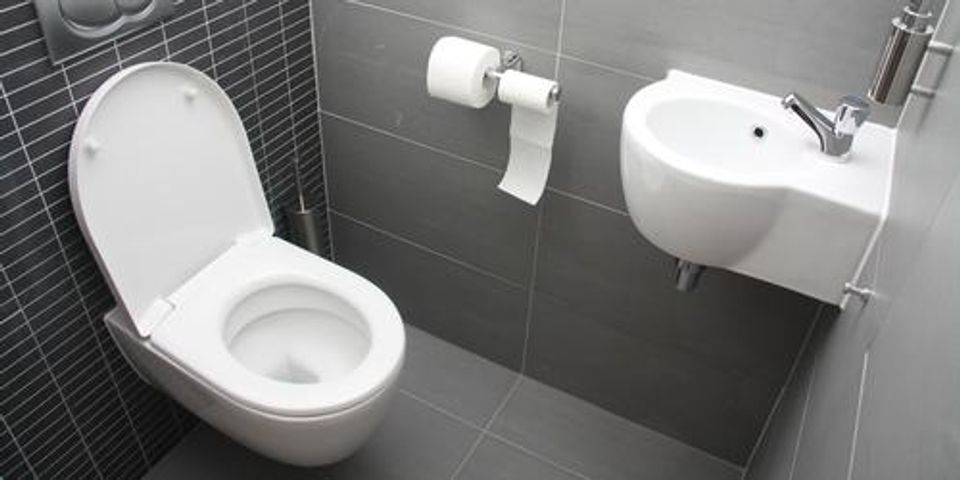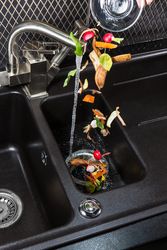3 Factors That Determine How Often You Need Septic Tank Pumping

Septic system service is a crucial part of maintaining residential and commercial wastewater removal. Along with keeping an eye on your drain field and not flushing inorganic matter down the toilet, you’ll need to get your septic tank pumped. First Quality Environmental, a trusted team of pumping contractors on Oahu, shares the major factors that affect how frequently you need this septic system service.
How to Determine When You Need Septic Pumping
1. Tank Size
The people who owned your home before you may have had a smaller family, so they opted to install a lower-capacity septic tank. If you have a large family, you may need septic system service once a year instead of the average frequency of pumping every three years. Commercial and industrial septic systems may require cleaning more often as well. However, they are also much larger than residential tanks to account for increased use.
2. Garbage Disposal
 When you put food down the sink and into a garbage disposal, it ultimately travels into your septic system, which can change the bacteria makeup of the tank, as well as fill it up quicker. The manufacturer will have a recommended pumping frequency for homes with and without these appliances, so always follow this suggestion.
When you put food down the sink and into a garbage disposal, it ultimately travels into your septic system, which can change the bacteria makeup of the tank, as well as fill it up quicker. The manufacturer will have a recommended pumping frequency for homes with and without these appliances, so always follow this suggestion.
3. Frequency of Use
How often septic tanks are used also makes a difference in how frequently they need to be pumped. For example, if you live in the home only part-time, you likely won’t need to clean it every three years. Since you only use the plumbing when you visit, perhaps for several weeks or months a year, you can extend your septic system service appointments by several years. Still, you should have an annual inspection to ensure all the parts are working properly. Since houses and businesses use their septic systems daily, they require pumping every one to three years.
If you just purchased a house or you’re unsure of when you last had your septic tank pumped, call First Quality Environmental. The septic system service will provide an inspection, assess the waste levels and makeup of your tank, and provide a recommended cleaning frequency. To schedule an appointment, call (808) 259-0100. Visit their website for more information about their services and expertise.
About the Business
Have a question? Ask the experts!
Send your question

